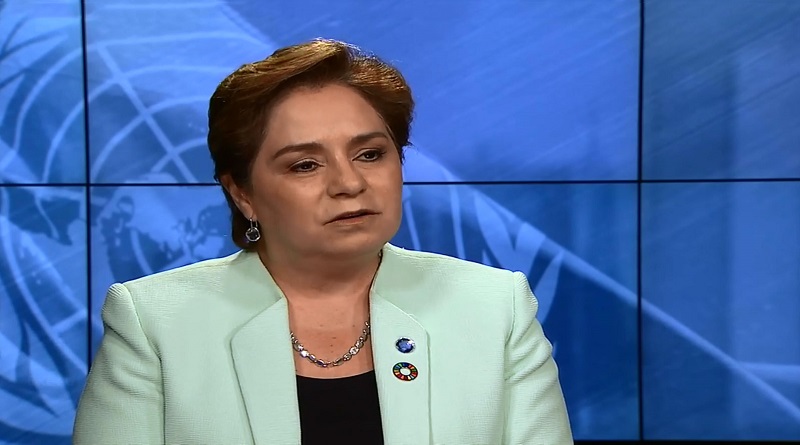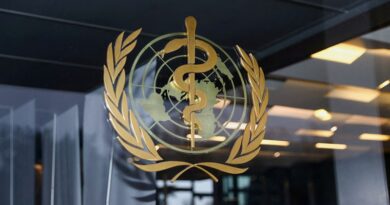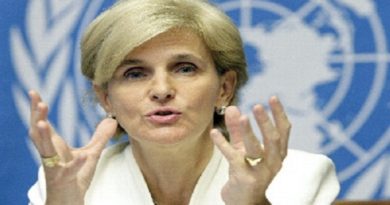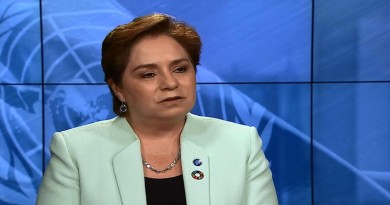CDM board elects new officials, to incentivize construction of green buildings
The Board that oversees the Clean Development Mechanism (CDM) has concluded its latest meeting, held virtually in three sessions over four weeks to accommodate members spanning five continents, from Japan to Peru.
The CDM – established under the Kyoto Protocol to drive investment to climate-friendly projects – continues despite challenges posed by COVID-19. The mechanism rewards projects in developing countries for each tonne of greenhouse gas they reduce or avoid.
The incentive has meanwhile led to registration of more than 8,100 projects and programmes in 111 countries, from renewable energy projects, to projects that spread use of healthy, efficient cook-stoves, to large industrial gases projects. To date, more than 2 billion certified emission reduction (CER) credits have been issued.
The Board at its 106th meeting agreed a contingency to adjust for travel restrictions faced by people including third party representatives responsible for checking projects on the ground, allowing for rescheduling of site visits, considered matters relating to methodologies for measuring emission reductions achieved by projects, and agreed to discuss at its next meeting the implications of the delay of the annual gathering of Parties to the Kyoto Protocol, which gives guidance for the running of the mechanism, among other issues.
Top of the agenda was the Board’s 2020 workplan, as well as its support to its technical panels, and discussion on possible CDM programmes to incentivize construction of green buildings. A few matters had to be moved to the Board’s next meeting, including on the commissioning of a review of the lessons learned in operating the global mechanism now in its 20th year.
“Climate change hasn’t taken a break, so neither can we,” said Executive Board Chair El Hadji Mbaye Diagne. “Working with the UN Climate Change secretariat we managed to find a way to meet, despite the miles and time zones, that allowed us to give thorough attention to the policies and procedures under consideration.”
“There are many challenges ahead of us in these difficult times but all CDM EB members remain committed to meeting them and are more attentive than ever to the concerns of all stakeholders,” said Mr. Diagne.
At the start of the meeting, the Board elected Mr. Diagne of Senegal as Chair and Olivier Kassi, from Belgium, as Vice-Chair. Mr. Diagne, a mechanical engineer and Director General of Afrique Energie Environnement, Dakar, took over from Piotr Dombrowick of Poland. Mr. Kassi, from the Ministry of the Environment, Belgium federal government, takes over from Mr. Diagne.
The 20 members of the Board serve in their personal capacity, meeting 4-5 times a year to oversee the quality of projects registered and CERs issued, and to consider ways to improve and evolve the CDM.
An increasing number of subnational and national governments are using carbon-pricing instruments, sometimes in conjunction with the CDM, as part of efforts to address greenhouse gas emissions in their jurisdictions. Some domestic systems, including the Colombian carbon tax, European Union Emissions Trading System, the Korean emissions trading system, the South African carbon tax and the Swiss emissions trading system, have been using CERs from CDM projects as eligible offset units that emitters in these jurisdictions can use for compliance with emission obligations.
The International Civil Aviation Organization Council in March 2020 approved the CDM to supply the Carbon Offsetting and Reduction Scheme for International Aviation (CORSIA) with eligible emissions units.
There is also an increasing interest in use of CERs to supplement climate action by individuals, organizations and companies, as part of social corporate responsibility efforts. Climate Neutral Now, operated by the secretariat, has tripled its signatories since the start of 2018.
Companies, organizations, events and individuals are encouraged to measure their emissions, continually reduce all they can, and compensate for the rest by supporting climate action through purchase and cancellation of CERs.
In 2015, at the Board’s request, the secretariat launched a platform for the voluntary cancellation of CERs. The carbon offset platform was set up to provide a new source of demand for CERs and provide a user-friendly way to buy and cancel CERs.




